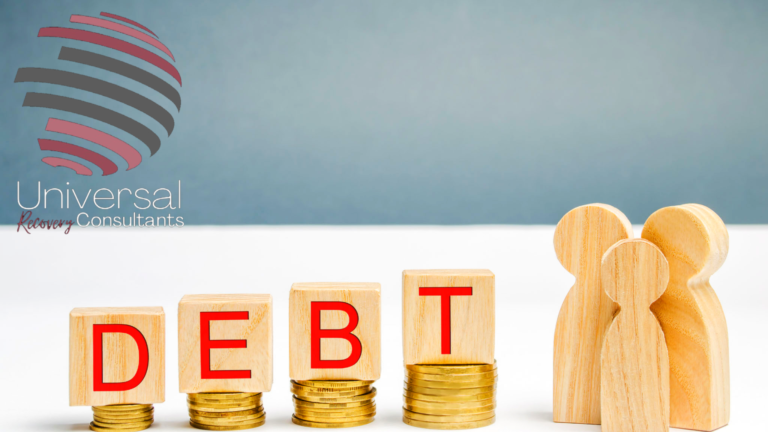To illustrate, consider two case studies, ‘Case Study: Revolving Debt’ and ‘Case Study: Installment Debt.’ Through these real-life scenarios, you’ll learn how both types of debts can impact credit scores.
Case Study: Revolving Debt - "The Balancing Act of Credit Cards"
Overview
Meet John. He is a freelance graphic designer who uses his credit card extensively for both personal and business expenses. His credit card has a limit of $10,000, and he finds himself often hovering around $9,000. He makes regular minimum payments but struggles to significantly reduce his outstanding balance.
Activity
Your task is to evaluate John’s situation from a credit utilization and revolving debt perspective and come up with a debt management plan.
- Discuss John’s current credit utilization ratio and how it might affect his credit score.
- Propose a plan to reduce his revolving debt. This could involve budgeting, increasing monthly payments, or seeking a higher credit limit without increasing spending.
- Consider the effects of high revolving debt on John’s financial health beyond his credit score. For example, the interest costs associated with maintaining a high balance.
Discussion
After the activity, we’ll compare strategies and discuss the pros and cons of each approach. We’ll also discuss how keeping revolving debt under control can positively impact one’s credit score and overall financial health.
Case Study: Installment Debt - "Navigating the Waters of Mortgage and Car Loans"
Overview
Meet Sarah. She’s a recent graduate who just started her first full-time job. She has taken out a car loan and is considering buying a home. Sarah is nervous about how these installment debts will affect her credit score.
Activity
Your task is to guide Sarah through the impacts of installment debt on her credit score and provide a plan to manage her debts responsibly.
- Discuss how taking on a mortgage and a car loan might affect Sarah’s credit score initially and in the long term.
- Develop a plan for Sarah to manage her installment debts. This could involve budgeting to ensure she can comfortably make the monthly payments or making extra payments when possible to reduce the debt faster.
- Discuss the implications of potential scenarios such as missing a payment, making late payments, or defaulting on the loan.
Discussion
Following the activity, we’ll discuss the various strategies and how managing installment debts responsibly can positively impact credit scores. We’ll delve into the importance of timely payments and the potential long-term impacts of installment debts.
Instructions for Participants
For both case studies:
- Divide into small groups or work individually, according to your preference or the instructor’s guidance.
- Analyze the case study and develop a strategy or plan as outlined in the activity.
- Be ready to share your strategy with the larger group.
- Engage in discussion, ask questions, and provide feedback to others.
- Take notes on key learning points to apply in your personal or professional life.


